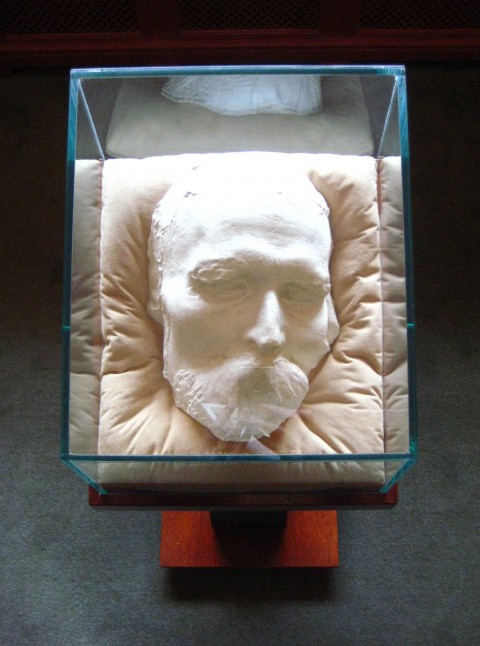“Three passions, simple but overwhelmingly strong, have governed my life,” wrote Bertrand Russell in the prologue to his autobiography: “the longing for love, the search for knowledge, and unbearable pity for the suffering of mankind.”
This five minute video, a preview of a three-part series produced in 2005 for Ontario public television called “The Three Passions of Bertrand Russell,” features a recording of Russell reading passages from the prologue, entitled “What I Have Lived For.” You can read the original text at the Bertrand Russell Society, an excellent online resource, that also makes available free books by Russell, including:
- An Essay on the Foundations of Geometry (1897)
- The Principles of Mathematics (1903)
- Our Knowledge of the External World (1914)
- Introduction to Mathematical Philosophy (1919)
- Mysticism and Logic and Other Essays (1919)
- The Analysis of Mind (1921)
- The Conquest of Happiness (1930)
You can also download the first edition of Russell’s landmark 1910–13 collaboration with Alfred North Whitehead, Principia Mathematica, as well as many of Russell’s essays, including:
- “A Free Man’s Worship” (1903)
- “On Denoting” (1905)
- “The Elements of Ethics” (1910)
- “The Ethics of War” (1915)
- “On Propositions” (1919)
- “Theory of Knowledge” (1926)
- “Why I am Not a Christian” (1927)
To explore the full list of available resources, and to learn how you can support the society’s activities, visit the Bertrand Russell Society website.
Also don’t miss some great Russell material in our own archives, including all six of his 1948 BBC Reith Lectures, a clip from a Canadian television interview featuring his views on God, and his eloquent 1959 message to the future.





